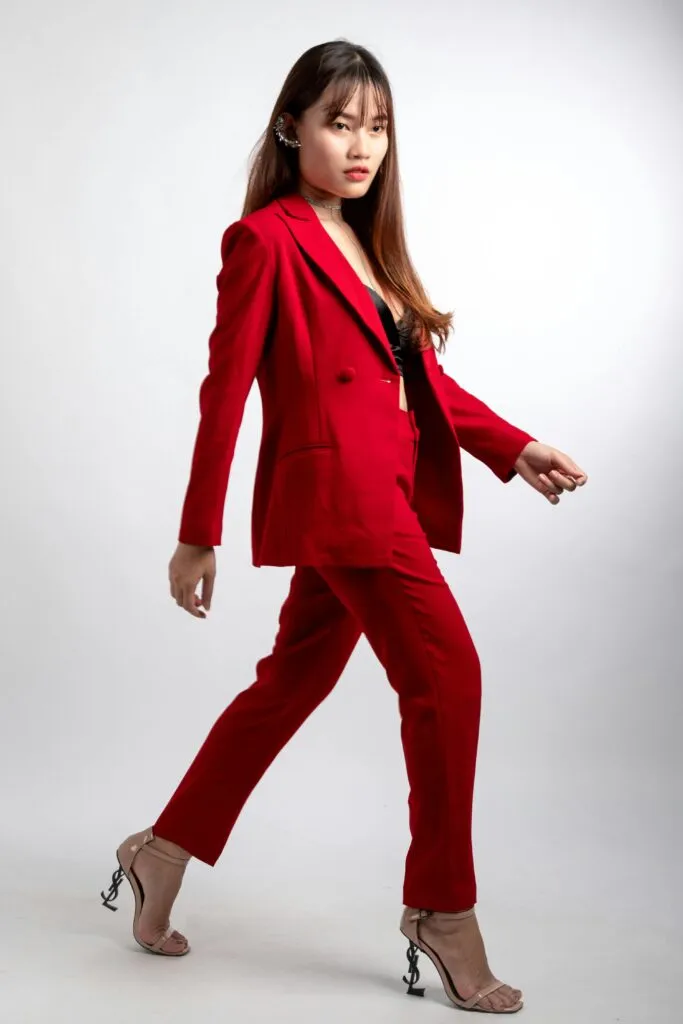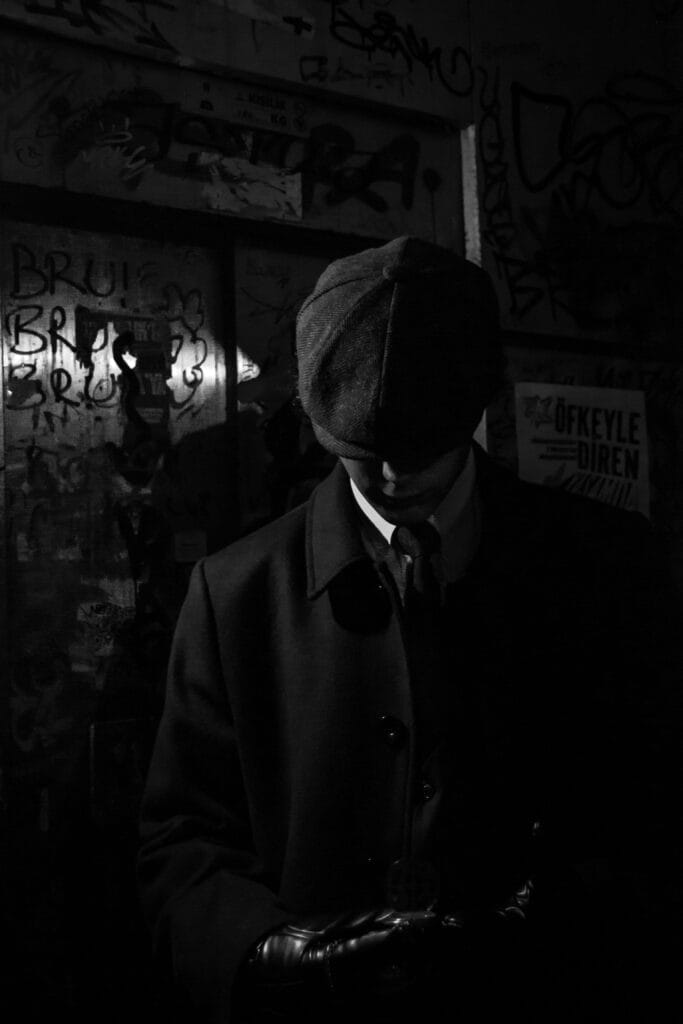How the Way You Dress Impacts Your Role in Society
They say, “Dress for the job you want, not the job you have.” But the impact of clothing goes far beyond the workplace. The way you dress affects how others perceive you—and even how you perceive yourself. Fashion is more than aesthetics; it’s a powerful social tool.

1. First Impressions Are Visual
Before a word is spoken, people judge based on appearance. Within seconds, your clothing communicates social cues about:
- Profession
- Personality
- Confidence
- Status
Studies show that tailored clothes often make wearers appear more competent and trustworthy, while overly casual outfits can lead to underestimation in formal environments.
2. Clothing as a Cultural Signifier
Your outfit speaks volumes about your background, values, and beliefs. Whether it’s traditional attire, urban streetwear, or minimalist aesthetics, your look can:
- Align you with cultural identity
- Express rebellion or conformity
- Showcase political or social stances
For example, sustainable fashion choices often reflect environmental consciousness, aligning wearers with modern ethical movements.
3. Power Dressing and Confidence
Power dressing isn’t just about looking important—it can actually make you feel important. The “enclothed cognition” theory suggests that what we wear affects our mental state. Dressing in well-fitted, confident pieces can:
What Else Would You Like to Know?
Choose below:
- Increase self-esteem
- Encourage professional behavior
- Improve social interactions
A polished look doesn’t require designer labels—it demands intention.
4. Social Mobility and Opportunity
In many societies, style is a shortcut to belonging. Whether you’re attending a networking event or a casual date, the right outfit can:
- Open social doors
- Increase respect
- Strengthen personal branding
Wearing context-appropriate outfits can elevate your opportunities in both personal and professional spheres.
5. Dress Codes: Inclusivity or Control?
While dressing well has many benefits, imposed dress codes can be controversial. Dress codes in schools, workplaces, or religious institutions can:
- Promote unity
- Enforce professionalism
- But also, reinforce bias or limit individuality
It’s important to find balance: honor context without sacrificing your expression.
6. Dressing for Identity vs. Expectation
Modern fashion encourages authenticity. Wearing clothing that reflects who you truly are—regardless of trends—leads to:
- Stronger personal identity
- Greater emotional comfort
- Authentic connections with others
When you dress to impress yourself, others often follow.
Conclusion:
The way you dress is a silent language. It broadcasts your personality, ambition, and values—shaping the way you navigate society. Whether dressing for respect, identity, or comfort, your fashion choices matter. So next time you pick an outfit, remember: you’re not just getting dressed, you’re making a statement.
The Importance of Fashion in Human History: More Than Just Clothing
» See exclusive tips for your home







